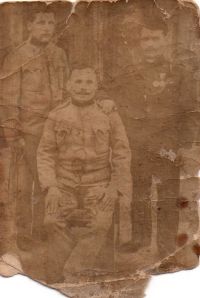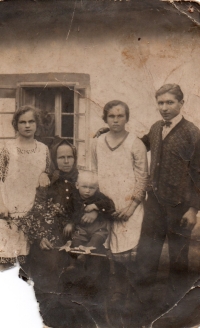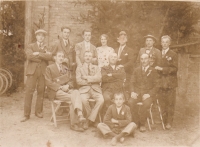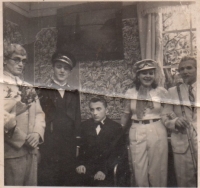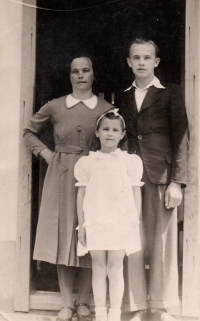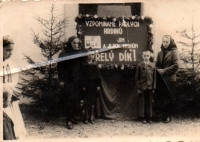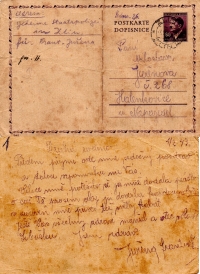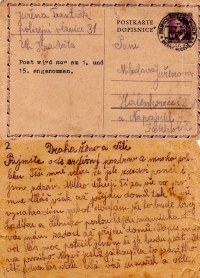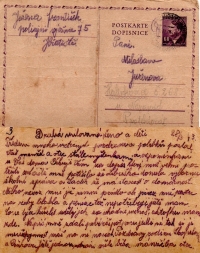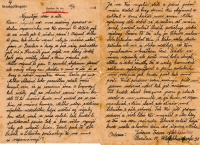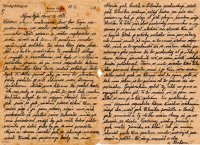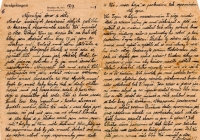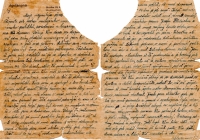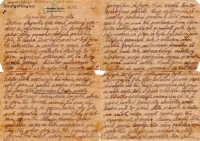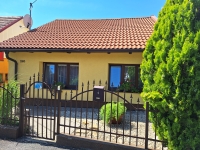They didn’t give us compensation until after 1989

Download image
Libuše Čevelová, née Juřenová, was born to her parents František and Miloslava on 6 June 1935 in Halenkovice. She grew up with her eight years older brother Ladislav. In 1943, her father was arrested for distributing leaflets in the Pařík’s factory in Napajedla together with four other men. He was taken to Zlín, then to Uherské Hradiště, and later to the prison in Breslau (today the Polish city of Wrocław). Her brother was sent to forced labour. She was left alone with her mother and as an eight-year-old girl experienced repeated nightly searches of her house by the Gestapo. Letters from her father came every month from Breslau. He sent the last one as a farewell on 9 December 1943. He was executed the same day. Libuše lived with her mother and they suffered from lack of means. After the war, they obtained an orphan’s pension, allowing her mother to put some money aside. After the currency reform, there was nothing left of these savings. Libuše went to work right after municipal school to help her mother financially. After her marriage to Josef Čevela in 1957, the couple had four children. She continued working at the Svit factory until her retirement. She received financial compensation for her father’s death only after the revolution in 1989. At the time of the interview (2023), Libuše Čevelová lived in Halenkovice.
